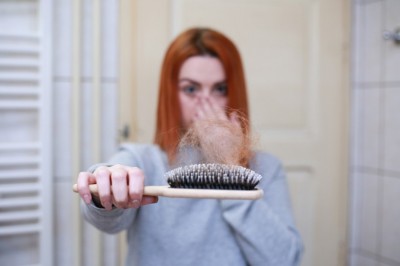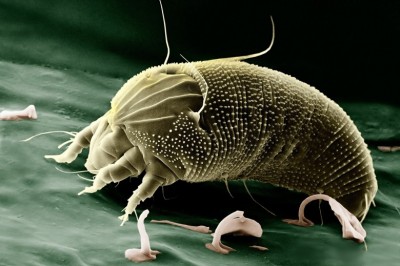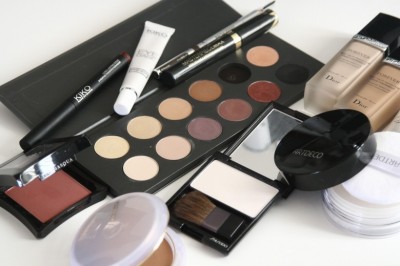You Are Bitten By The Bed Bug
A good nights sleep might become next to impossible if one is constantly being bitten by bed bugs. Bed bugs have been a problem for many centuries dating as far back as medieval times and classical Greek, as these have been documented in various writings. Sleeping on an infested bed is one thing but being bitten is another. While a bed bug bite is painless and has an extremely low chance of transmitting diseases, people with such problems are mostly ashamed about their dilemma. Many believe that a bedbug infestation is detrimental to a relationship and can cause psychological strain. Outside of mental anguish, bed bugs can cause physical harm. The question now is how do you treat bed bugs and their bites. Just bite it. Bed bug bites initially appear as large read wheals that eventually become a red mark. The mark can last for as lost as five days. The mark is also made in orderly way unlike the random pattern of mosquito bites. Characteristics of bed bug bites. Irritation, inflammation and destruction of the local tissue. Allergic reactions that can happen immediately or delayed. Orderly pattern of marks. Bed bugs bites cannot transmit harmful diseases and their medical significance is only limited to itching and inflammation. The immediate treatment for the affected part is by washing it with soap and water. Scratching is strongly advised, as this will surely lead to infection and possibly require more advanced medical aid. Treating the area with ice or possibly special herbs is also recommended, as these will help speed up the healing process. Wheres the Herb. Herbal treatments are primarily used to control infections, stop itching or pain. In addition, these are used to improve symptoms, correct imbalance, boost the immune system, and increase energy. The body needs to be strengthened for better health and quality of life. Chinese herbs are advantageous because they can be used in combo with other herbs depending on the status of the bed bug bite. Herbal treatments used with optimized herbal combination are highly effective to treat the illness and address the symptoms. Below are some herbs that can be used to treat bed bug bites. Plantain- also known as the band-aid plant, ribwort and pigs ear. This herb is a common weed of parks, driveways and playgrounds. The five parallel veins that run on each leaf distinguish this herb from others. A broad leaf plantain can has a tall seed head and long thin leaves, while a narrow leaf plantain has a small flower head that looks similar to flying saucer and long thin leaves. A considerable number of Plantago species have leaves and seeds that used food or treatment for bed bug bites. Mud- this is the simplest and oldest poultice. A bed bug bite can be treated with powdered white clay that should be mixed herb tea. Clay can be stores anytime and will not likely contain fungal spores. Bed bug or other insect bites that cause severe itching or pain should be administered with bland starchy substances such as arrowroot powder, graded potato and mallow root or finely ground grains such as oatmeal or rice. Fresh-herb poultices- these are slightly more complicated to prepare that other herbs. A person must first chew it then apply the substance to the bed bug bite. For maximum effect, the poultice can be placed in an adhesive bandage or large leaf to keep it in place. Some examples of the poultice include: Plantium wild geranium (Geranium maculatum) comfrey (Symphytum uplandica x)yellow dock (Rumex species) wild mallow (Malva neglecta) chickweed (Stellaria media). The best herbal leaves are those that come from willow, maple, oak or hazel. The herbs need to be recognized properly before they are chewed. The most recognizable and safest to chew of all herbs are oak and Maple. Leaves that are either slick or shiny should be avoided if one is uncertain about what herb should be used for the treatment. If the leaf is extremely bitter upon chewing it is advisable to spit it out immediately. For tips on pincher bugs and common household bugs, visit the About Animals website.































